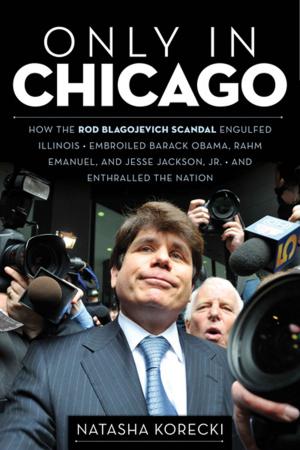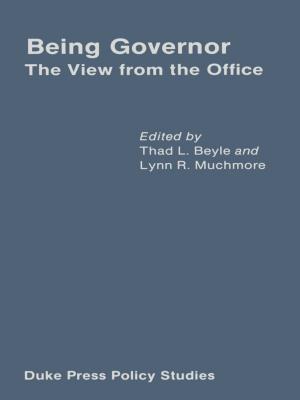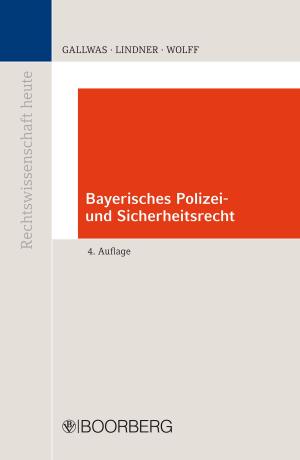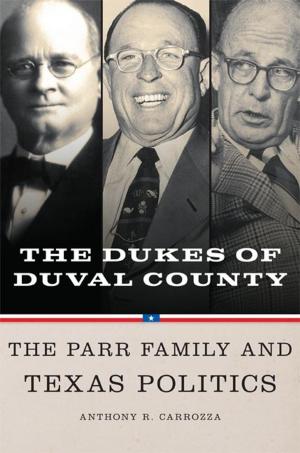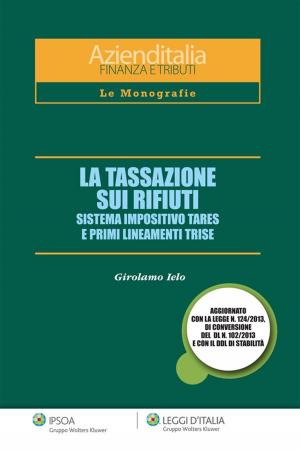Eurasian Economic Union
The new Power: banking, insurance, foreign exchange market, stock market
Business & Finance, Economics, International Economics, Nonfiction, Social & Cultural Studies, Current Events, Political Science, Government, Local Government| Author: | Heinz Duthel | ISBN: | 1230000243317 |
| Publisher: | Deutscherverlag.com | Publication: | May 30, 2014 |
| Imprint: | Language: | English |
| Author: | Heinz Duthel |
| ISBN: | 1230000243317 |
| Publisher: | Deutscherverlag.com |
| Publication: | May 30, 2014 |
| Imprint: | |
| Language: | English |
Eurasian Economic Union
The Competences of the Eurasian Economic Commission
The Competences of the Eurasian Economic Commission are defined in the Article 3 of the Treaty on the Eurasian Economic Commission dated November 18, 2010. All the powers of the Customs Union's Commission have been delegated to the Eurasian Economic Commission.
The Competences of the Commission:
customs tariff and non-tariff regulation;
customs administration;
technical regulation;
sanitary, veterinary and phytosanitary measures;
enrolment and allocation of import customs duties;
establishment of trade regimes with third countries;
statistics of external and internal trade;
macroeconomic policy;
competition policy;
industrial and agriculture subsidies;
energy policy;
natural monopolies;
state and municipal procurement;
internal trade in services and investment;
transport and transportation;
currency policy;
intellectual property and copyright;
migration policy;
financial markets (banking, insurance, foreign exchange market, stock market);
other areas.
Eurasian Economic Union
- Kazakhstan
- Russia
- Belarus
- Uzbekistan
- Tajikistan
- Armenia
- Vladimir Putin
- Nursultan Nazarbayev
- Customs Union of Belarus, Kazakhstan, and Russia
- Serzh Sargsyan
- Eurasian Economic Community
- Collective Security Treaty Organization
- Commonwealth of Independent States
- Russian 102nd Military Base
- Eurasian Economic Commission
- Eurasianism
- Viktor Khristenko
- Sergei Sidorsky
- Soviet Union
- Kyrgyzstan
- Bidzina Ivanishvili
- Dmitry Medvedev
- Union State
- Alexander Lukashenko
- Eurasian Development Bank
- Eurasian Patent Convention
- Eurasian Patent Organization
- Union of Sovereign States
- Moscow
- Minsk
- Astana
- Transit Center at Manas
- Government of Belarus
- Human migration
The Eurasian Commission will be eligible to make decisions not only with regard to customs policies, but in such areas as macroeconomics, regulation of economic competition, energy policy, and financial policy. The Commission will also be involved in government procurement and labour migration control. The agreement on the Commission contains stringent anti-corruption regulations. President Dmitry Medvedev of Russia stated that both the positive and negative experiences of the European Union will be taken into account and argued that the Eurasian Union will avoid the problems of economic gaps and disparity between countries, such as found in the eurozone, since the member countries have a comparable level of economic development, as well as common history and values.
The United States has expressed its opposition to the Eurasian Union, claiming it is "an attempt" to re-establish a USSR-type union among the former Soviet republics.[27] In December 2012, former Secretary of State Hillary Clinton claimed "It’s not going to be called that [USSR]. It’s going to be called customs union, it will be called the Eurasian Union and all of that, but let’s make no mistake about it. We know what the goal is and we are trying to figure out effective ways to slow down or prevent it"
About the EEC
Eurasian Economic Commission — Permanent supranational regulatory body of the Customs Union and Single Economic Space.
http://www.eurasiancommission.org/en/Pages/default.aspx
Eurasian Economic Union
The Competences of the Eurasian Economic Commission
The Competences of the Eurasian Economic Commission are defined in the Article 3 of the Treaty on the Eurasian Economic Commission dated November 18, 2010. All the powers of the Customs Union's Commission have been delegated to the Eurasian Economic Commission.
The Competences of the Commission:
customs tariff and non-tariff regulation;
customs administration;
technical regulation;
sanitary, veterinary and phytosanitary measures;
enrolment and allocation of import customs duties;
establishment of trade regimes with third countries;
statistics of external and internal trade;
macroeconomic policy;
competition policy;
industrial and agriculture subsidies;
energy policy;
natural monopolies;
state and municipal procurement;
internal trade in services and investment;
transport and transportation;
currency policy;
intellectual property and copyright;
migration policy;
financial markets (banking, insurance, foreign exchange market, stock market);
other areas.
Eurasian Economic Union
- Kazakhstan
- Russia
- Belarus
- Uzbekistan
- Tajikistan
- Armenia
- Vladimir Putin
- Nursultan Nazarbayev
- Customs Union of Belarus, Kazakhstan, and Russia
- Serzh Sargsyan
- Eurasian Economic Community
- Collective Security Treaty Organization
- Commonwealth of Independent States
- Russian 102nd Military Base
- Eurasian Economic Commission
- Eurasianism
- Viktor Khristenko
- Sergei Sidorsky
- Soviet Union
- Kyrgyzstan
- Bidzina Ivanishvili
- Dmitry Medvedev
- Union State
- Alexander Lukashenko
- Eurasian Development Bank
- Eurasian Patent Convention
- Eurasian Patent Organization
- Union of Sovereign States
- Moscow
- Minsk
- Astana
- Transit Center at Manas
- Government of Belarus
- Human migration
The Eurasian Commission will be eligible to make decisions not only with regard to customs policies, but in such areas as macroeconomics, regulation of economic competition, energy policy, and financial policy. The Commission will also be involved in government procurement and labour migration control. The agreement on the Commission contains stringent anti-corruption regulations. President Dmitry Medvedev of Russia stated that both the positive and negative experiences of the European Union will be taken into account and argued that the Eurasian Union will avoid the problems of economic gaps and disparity between countries, such as found in the eurozone, since the member countries have a comparable level of economic development, as well as common history and values.
The United States has expressed its opposition to the Eurasian Union, claiming it is "an attempt" to re-establish a USSR-type union among the former Soviet republics.[27] In December 2012, former Secretary of State Hillary Clinton claimed "It’s not going to be called that [USSR]. It’s going to be called customs union, it will be called the Eurasian Union and all of that, but let’s make no mistake about it. We know what the goal is and we are trying to figure out effective ways to slow down or prevent it"
About the EEC
Eurasian Economic Commission — Permanent supranational regulatory body of the Customs Union and Single Economic Space.
http://www.eurasiancommission.org/en/Pages/default.aspx







